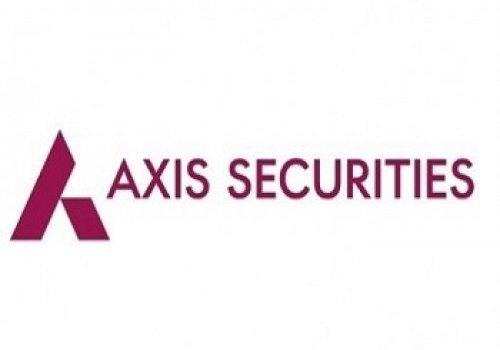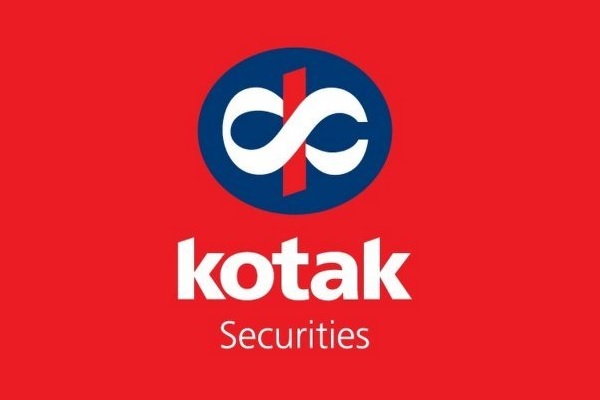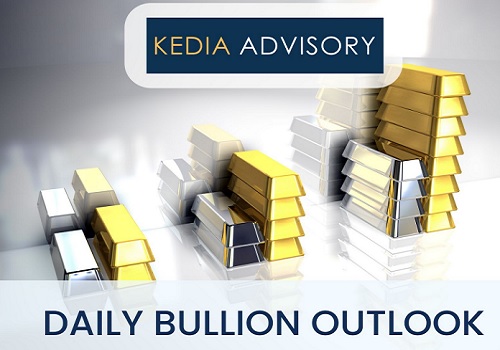Navigating Digital Investment Platforms for Wealth Creation in 2025

As we move further into 2025, digital investment platforms have become essential tools for individuals seeking to build wealth and secure their financial future. These platforms have democratized access to investment opportunities, offering convenience, transparency, and personalized financial services. Whether you're a seasoned investor or just starting your journey, understanding how to navigate these platforms can unlock a world of opportunities for wealth creation.
The Rise of Digital Investment Platforms
The evolution of technology has fundamentally transformed how individuals invest. In the past, wealth management was typically reserved for the wealthy or those with access to professional financial advisors. Today, digital investment platforms—ranging from robo-advisors to peer-to-peer lending services—are making investment strategies accessible to anyone with an internet connection. These platforms leverage technology to offer a range of financial products, investment opportunities, and portfolio management tools, enabling investors to make informed decisions and manage their wealth with ease.
Key players in the market include robo-advisors like Betterment and Wealthfront, which use algorithms to provide automated portfolio management based on an investor's risk profile, financial goals, and time horizon. Other platforms like Zerodha and Groww in India have simplified stock trading and mutual fund investing, making it possible for people to access the equity markets directly from their phones.
Advantages of Digital Investment Platforms
-
Accessibility and Convenience: One of the most significant advantages of digital platforms is their accessibility. Investors can manage their portfolios anytime, anywhere, with just a smartphone or computer. These platforms are designed to be user-friendly, eliminating the need for in-depth financial knowledge or advanced trading skills.
-
Low Fees and Costs: Traditional wealth management services often come with hefty fees. Digital platforms, on the other hand, operate at a fraction of the cost due to automation and a streamlined approach. Many robo-advisors charge lower management fees, while platforms offering direct access to stocks and mutual funds often have reduced transaction costs compared to traditional brokers.
-
Personalization: As technology advances, digital platforms are becoming more adept at offering personalized investment solutions. Many platforms provide tailored recommendations based on individual goals, risk tolerance, and financial situation. For instance, if you’re saving for retirement, a platform might suggest a portfolio heavy on long-term growth stocks, while someone saving for a short-term goal may be advised to focus on safer, low-risk assets.
-
Diverse Investment Options: Digital investment platforms allow users to invest in a wide variety of asset classes, from stocks and bonds to alternative investments like cryptocurrencies, commodities, and real estate. In 2025, many platforms also offer ESG (Environmental, Social, and Governance) and sustainable investing options, enabling investors to align their portfolios with personal values.
-
Data-Driven Insights: Platforms now utilize big data and artificial intelligence to provide insights into market trends and investment performance. These tools allow investors to analyze their portfolios in real time and adjust strategies based on market conditions, increasing the likelihood of better returns.
Popular Types of Digital Investment Platforms
-
Robo-Advisors: These platforms provide automated investment management services. Based on algorithms, robo-advisors assess an investor's financial situation, risk tolerance, and goals to recommend a diversified portfolio of ETFs (Exchange-Traded Funds) and other low-cost investment vehicles. Examples include Betterment, Wealthfront, and India's Groww and Zerodha.
-
Stock and Mutual Fund Platforms: Platforms like Robinhood, Zerodha, and Groww offer commission-free trading, allowing investors to buy and sell stocks, mutual funds, and ETFs. These platforms cater to both beginners and experienced investors by providing easy-to-use interfaces, educational resources, and low-cost trading options.
-
Peer-to-Peer Lending Platforms: Digital lending platforms like LendingClub and Prosper enable individuals to lend money to borrowers in exchange for interest. These platforms offer an alternative to traditional fixed-income investments like bonds and can yield higher returns, though they come with additional risks.
-
Cryptocurrency Exchanges: As digital currencies continue to grow in popularity, platforms such as Coinbase and Binance allow users to invest in Bitcoin, Ethereum, and other cryptocurrencies. These platforms are increasingly becoming mainstream investment tools, offering a new avenue for wealth creation in an increasingly digital world.
-
Real Estate Investment Platforms: Platforms like Fundrise and RealtyMogul provide opportunities for investors to participate in real estate projects with low capital requirements. Investors can diversify into real estate, which is traditionally seen as an illiquid and capital-intensive asset class, through fractional ownership.
How to Choose the Right Platform
With so many digital platforms available, choosing the right one for your wealth creation journey can be overwhelming. Here are some factors to consider:
-
Your Investment Goals: Are you investing for retirement, a major purchase, or simply wealth accumulation? Your goals will influence the type of platform and assets you should consider.
-
Risk Tolerance: Some platforms are tailored for conservative investors, offering low-risk, fixed-income investments, while others cater to high-risk, high-reward strategies. Make sure the platform you choose aligns with your risk tolerance.
-
Fees and Costs: Always review the fees associated with a platform, as high fees can erode your returns over time. Compare platforms based on transaction costs, account maintenance fees, and other charges.
-
User Experience: A platform with a user-friendly interface and reliable customer support will make it easier for you to manage your investments and get assistance when needed.
-
Security: Ensure that the platform has strong security protocols in place, such as encryption and two-factor authentication, to protect your investments and personal information.
The Future of Digital Investment Platforms
As we look ahead to the next decade, digital investment platforms are expected to become even more sophisticated, offering a wider range of investment products, improved AI-driven recommendations, and further integration of environmental and social considerations into investment strategies. The continued growth of digital currencies, the rise of decentralized finance (DeFi), and enhanced regulatory frameworks will also shape the landscape of digital wealth creation.
Investors will likely see increased adoption of ESG and socially responsible investing (SRI) options, and platforms may further develop tools to help individuals track their impact on global issues like climate change, inequality, and sustainability. Furthermore, advancements in data science and blockchain technology could offer new investment opportunities that make wealth creation even more transparent, accessible, and secure.
Conclusion
In 2025, navigating digital investment platforms for wealth creation is more than just a trend—it's a revolution in the way individuals approach finance. By embracing these platforms, investors can take control of their financial futures, leverage personalized insights, and tap into diverse, low-cost investment opportunities. Whether you're a beginner or an experienced investor, digital platforms offer the tools and flexibility to build and grow wealth in an increasingly digital world.
























